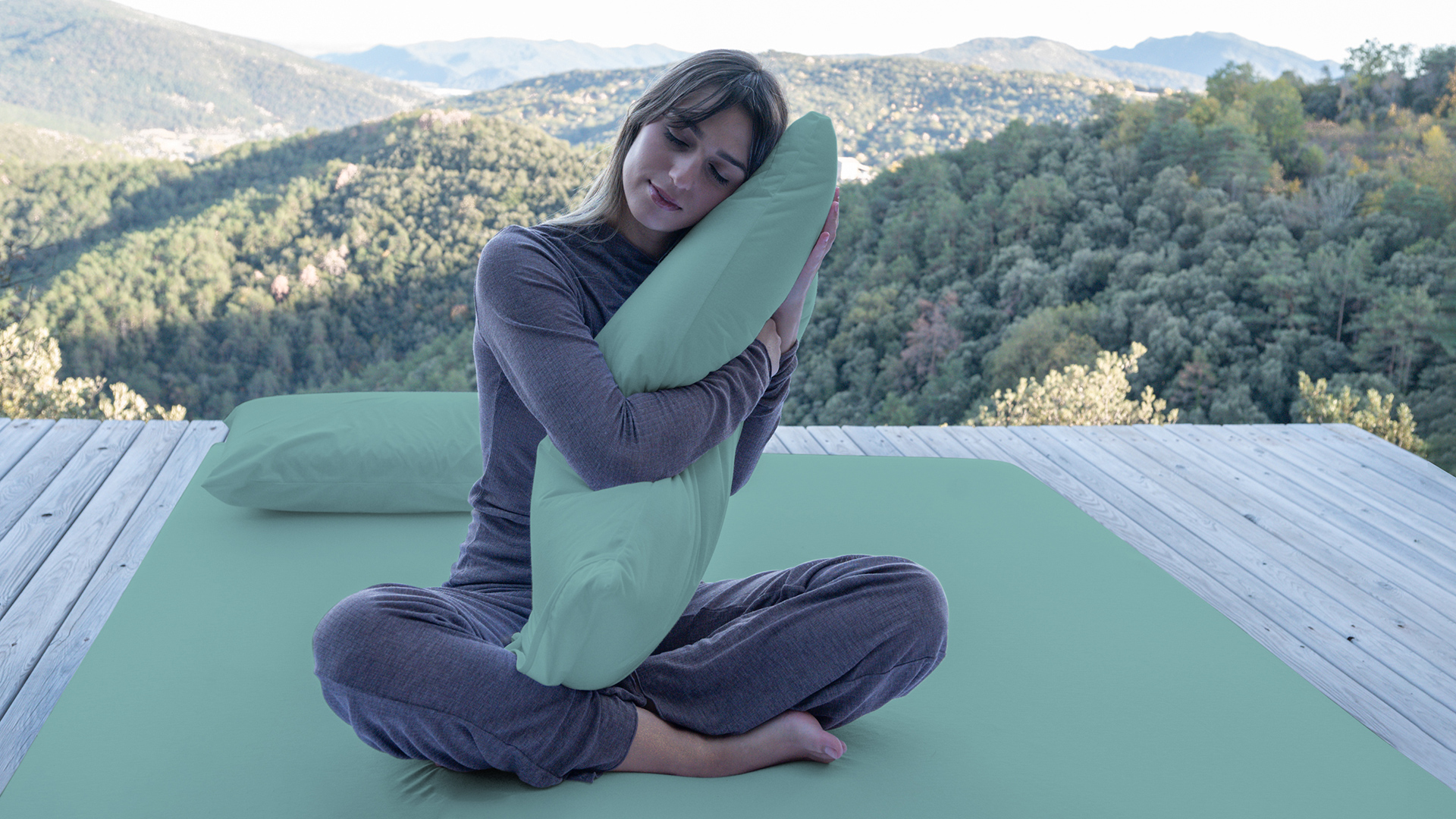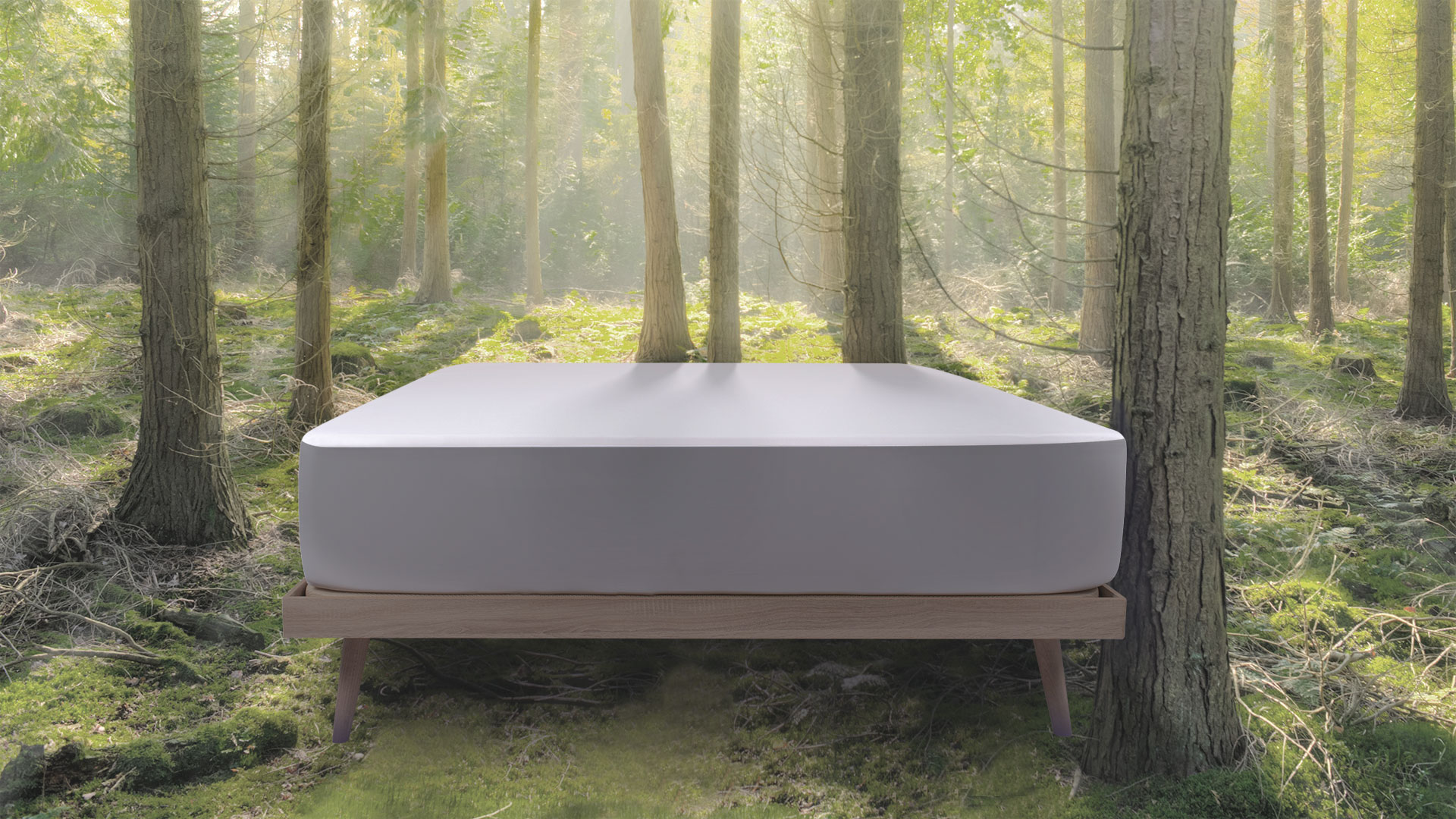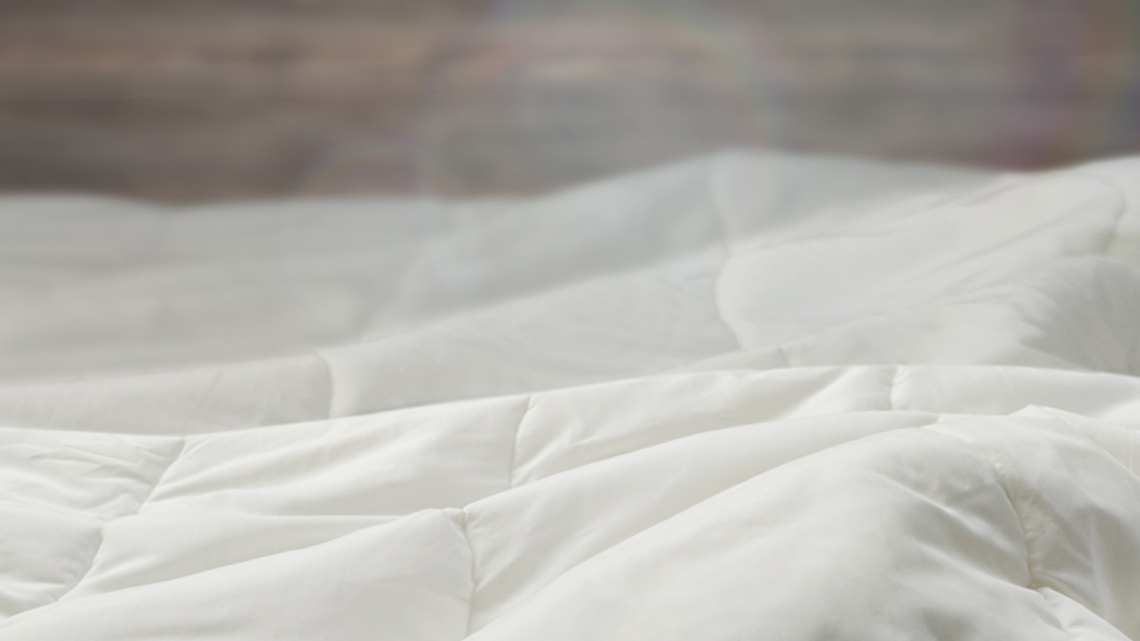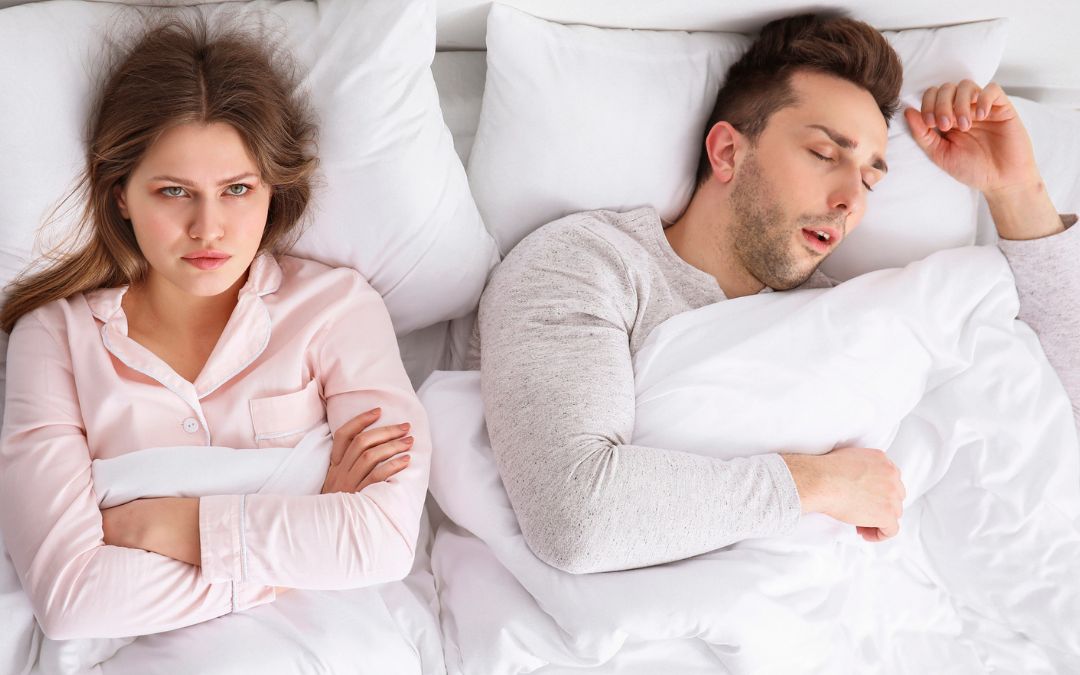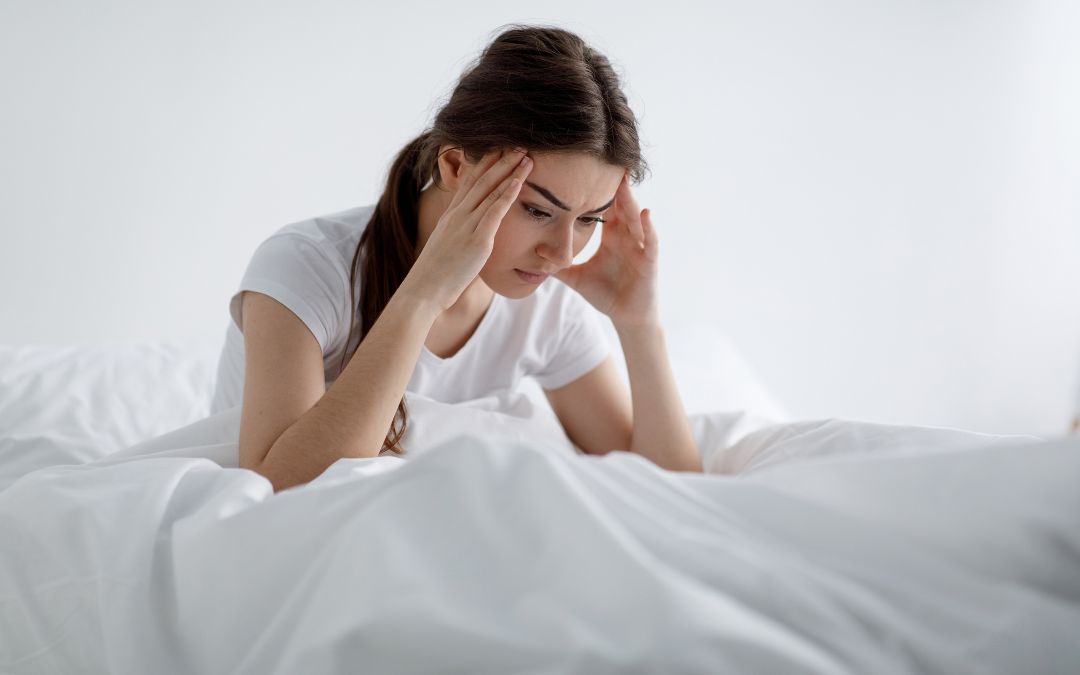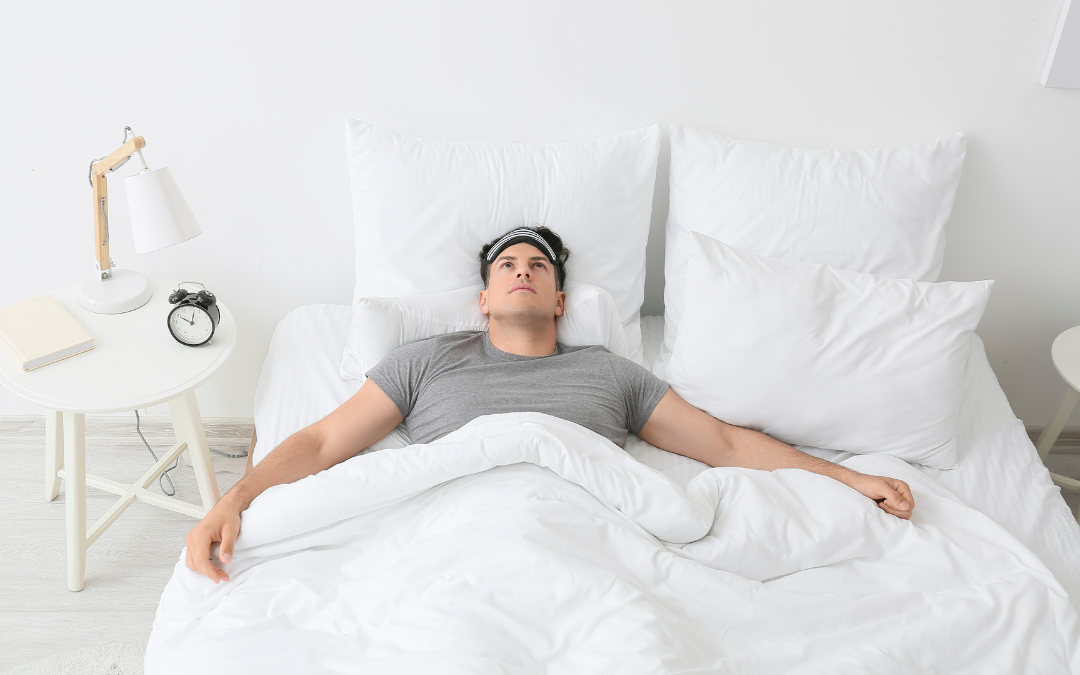News
The Evolution of Sleep: How It Changes as We Age

Sleep is essential to human health, but the amount we need and how we experience sleep changes throughout our lives. From infancy to adulthood, our sleep patterns evolve due to physical, biological, and environmental factors. That’s why optimizing rest, such as using products like a waterproof bed sheet to maintain comfort and protect your mattress, is important. Here’s a look at how sleep changes as we age.
Infancy to Childhood
Sleep is extremely essential for a child’s development. In fact, newborns need a whopping 16 to 18 hours of sleep per day to support their rapid physical and cognitive growth—crazy, right? As they grow, their sleep needs decrease. Toddlers (1-2 years) need 11-14 hours, and preschoolers (3-5 years) should get 10-13 hours to keep their energy up. By the time they hit school age (6-13 years), 9-12 hours of sleep is necessary for their ongoing growth and well-being. During these years, sleep isn't just important for physical health, it's crucial for learning and cognitive development too.
Teenagers and Young Adults
During adolescence, significant hormonal and physical changes take place, making it essential to get between 8 and 10 hours of sleep. According to a study by the National Sleep Foundation, teenagers who regularly get this amount of sleep experience enhanced memory, cognitive function, and emotional regulation.
Adulthood
As we enter adulthood (18 to 64 years), the recommended amount of sleep remains between 7 and 9 hours. During this stage, the body no longer undergoes rapid growth but still requires rest to maintain physical health, cognitive function, and emotional well-being. Getting enough sleep strengthens the immune system, regulates metabolism, and enhances concentration—key factors for managing work, family, and other responsibilities. Additionally, having a comfortable sleep environment, such as using a waterproof bed sheet to protect the mattress from spills or accidents, can help maintain a consistent and restorative sleep routine.
Older Adults
The body's internal clock, known as the suprachiasmatic nucleus (SCN), plays a crucial role in regulating sleep patterns. With age, the function of the SCN can decline, leading to changes in circadian rhythms. This can cause older adults to feel tired at irregular times, often waking up earlier than they did in their youth. Additionally, older adults often experience reduced melatonin production, a hormone that promotes sleep, making it harder to fall and stay asleep.
As we age, the changes in our sleep patterns become more pronounced, but sleep remains crucial at every stage of life. By understanding these patterns, we can prioritize better sleep and optimize our health throughout the years. Ensuring adequate rest is essential for maintaining long-term well-being and productivity. With BSensible’s waterproof bed sheet, you can enhance your sleep experience by protecting your mattress and creating a more comfortable, restful environment for all stages of life.


